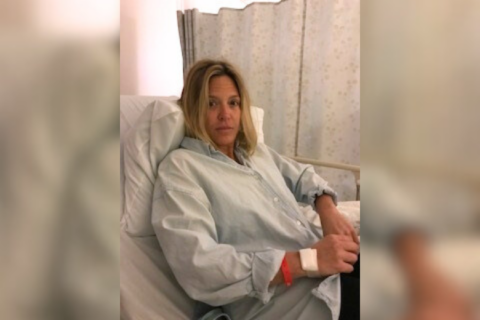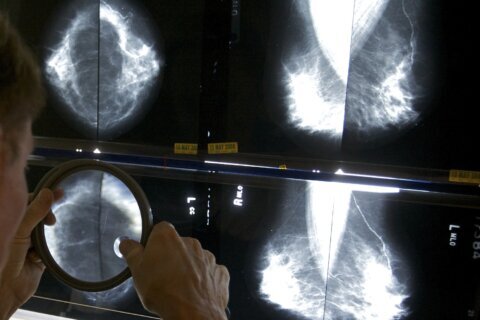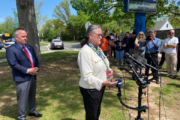
The Supreme Court will hear arguments Monday in a case which could impact what insurance companies cover in terms of preventive care, from cancer screenings to drugs that help prevent HIV.
The case before the justices is between Health Secretary Robert F. Kennedy, Jr. v. Braidwood Management, Inc. It was initially filed in 2020 when several Christian businesses and conservative employers challenged the Affordable Care Act, which requires private insurers to cover certain preventive care services, on the basis of religious beliefs.
The case has since changed in scope, and now, in front of the high court, the case focuses on how to appoint a task force that decides what should be covered.
A lower court decided the United States Preventive Services Task Force violates the Appointments Clause in the Constitution because the president does not decide who sits on the task force. Last year, the U.S. Court of Appeals for the Fifth Circuit upheld that decision.
Now, the question is whether the Supreme Court will also support the lower court’s decision.
“If the Supreme Court were to up uphold the decision that was made by the appeals court late last year, it would set a precedent that could jeopardize these services that we’ve become so accustomed to,” said Molly Guthrie, vice president of policy and advocacy at the Susan G. Komen Breast Cancer Foundation.
The task force has been defended by both the Trump and Biden administrations, as the Department of Justice has argued it is under the control of Health and Human Services, which appoints the members.
If the Supreme Court sides with the businesses that signed on to the lawsuit, those companies potentially would not have to cover preventive treatments, recommended by the task force, dating back to 2010.
The Kaiser Family Foundation found no-copay contraceptives, vaccines and mammograms may be exempt because they were selected for coverage by other agencies, but other screenings for colorectal and lung cancers may be at risk.
“The real fear is that it will set a precedent that will then make it easier for more companies, more entities to be able to make the same challenge and have the foundation to base it off of to basically change this preventive services landscape that we know today,” Guthrie said.
Cancer screenings saved her life. Now, she’s defending that health care coverage
The importance of cancer screening is something Audrey Baker said helped her beat breast cancer. In 2017, a routine mammogram found an 8-millimeter tumor that turned out to be cancerous.
Baker had no family history of breast cancer or symptoms when she was diagnosed.
“(The mammogram) allowed me to very quickly respond and respond so I could have the surgery, have the radiation, clean margins and still be here to talk about it,” she told WTOP.
Baker said early detection is near and dear to her because it saved her life. She serves as the chair of the Komen Community Board for Susan G. Komen DMV Tri-State Area.
If the Supreme Court doesn’t overturn the lower court’s ruling, it could ultimately lead to more people opting against cancer screenings and other preventive care because they’ll need to pay out of pocket.
“To have any other cost or burden, conflict, challenge or friction thrown your way, the percent of those who will get screened will go down and the negative outcomes will go up,” Baker said. “It’s logical at the end of the day.”
Guthrie added that judicial advocacy is a “new frontier” for the foundation and it has since filed amicus briefs in both the appeals court and now the Supreme Court.
“For the breast cancer community, we have a multitude of benefits from USPSTF (United States Preventive Services Task Force) guidelines, most namely, the fact that women can receive annual screening beginning at age 40, at no cost,” Guthrie said.
She said genetic counseling and risk modifying medications are also covered by guidelines produced by the task force. Those things combined, according to Guthrie, have driven down mortality rates and expanded “access to needed services within the breast cancer community.”
“Then, if you expound upon that, where the other areas of public health that this case impacts, the outcome could be truly devastating on public health and set a dangerous precedent,” Guthrie said.
Get breaking news and daily headlines delivered to your email inbox by signing up here.
© 2025 WTOP. All Rights Reserved. This website is not intended for users located within the European Economic Area.





